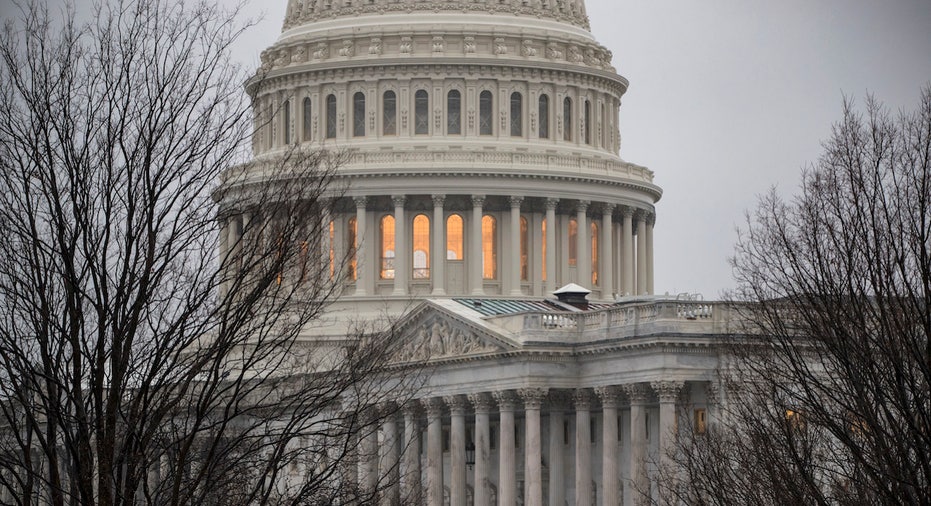Republicans Take First Step Toward Decreasing Financial Regulation

The U.S. House of Representatives on Thursday passed a bill requiring the country's top securities regulator to add up the costs of following new rules before putting them into force, part of a Republican push to reform the federal bureaucracy.
By a vote of 243-183, the chamber passed the bill, largely along party lines, which would also require the U.S. Securities and Exchange Commission to periodically review its existing rules.
"Whether it is buying a car or choosing a college savings plan, every American family weighs the pros and cons before making major life decisions," said Representative Ann Wagner, the Missouri Republican who sponsored the bill.
The legislation "simply requires that the Commission engages in the same process and can justify that the benefits of a proposed regulation will outweigh its costs," she said.
At the same time, the House passed a bill requiring the Commodity Futures Trading Commission, the country's derivatives regulator, to assess the costs and benefits of proposed regulations or orders.
The CFTC legislation also treads into two long-standing disputes.
It bars the SEC from lowering the dollar-amount threshold for requiring swap dealers to register with it. Currently the bar is at $8 billion, and there have been moves to drop it to $3 billion.
It also restricts the commission in limiting positions that traders can hold in the commodity markets. The CFTC has pushed off finalizing those limits, included in the 2010 Dodd-Frank Wall Street reform law to prevent fraud and manipulation, over Republicans' concerns they will hurt farmers and small businesses.
Republican lawmakers who control Congress are eager to ease regulation and undo rules enacted under President Barack Obama, a Democrat.
Nonetheless, Democrats hold enough seats in the U.S. Senate to block the SEC and CFTC legislation. Only nine Democrats in the House voted for the SEC bill, and seven for the CFTC bill. A single Republican, North Carolina's Walter Jones, voted against both bills.



















